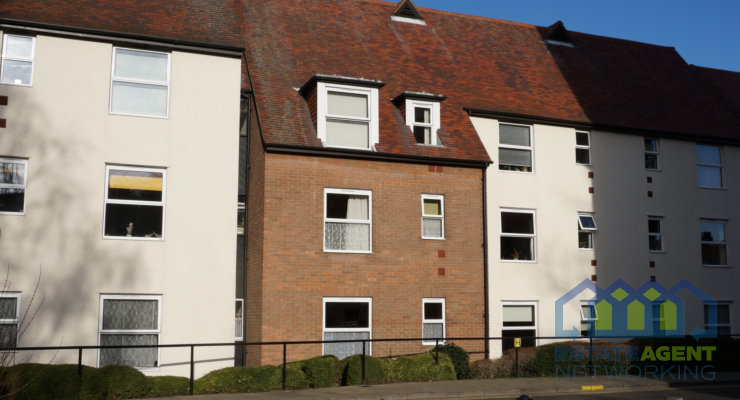Modular housing can’t solve the housing crisis
Whether building modular, offsite or traditional, you cannot start building unless you have planning permission.
Modular housing is often championed as the silver bullet solution to the housing crisis. Built more quickly in factories and quality-controlled before assembly, there are some clear positives to building modular. However, at this stage, modular housing will not and cannot solve the housing crisis.
Britain has enough building capacity to meet the Government’s ambition of 300,000 homes new homes every year, but it doesn’t have a planning system that allows for those homes to be built.
Whether building modular, offsite or traditional, you cannot start building unless you have planning permission.
Many commentators highlight that developers are sitting on more than 420,000 unbuilt planning permissions, but they don’t present the whole picture. A large majority are not full planning permissions and they are either unviable, due to landowners underestimating costs, or stuck because of outstanding pre-commencement conditions and negotiable contributions such as section 106 agreements.
Many of these permissions are also for phased development, which can see a large site take more than a decade to complete.
The real reason we cannot solve the housing crisis is because the planning process is unfit to solve it.
Local plans, which allocate sites for housing, often focus on large and slow-to-deliver sites, requiring heavy infrastructure investment to be made uncontroversial. Despite being vital to meeting demand, relying primarily on large sites outside existing communities is not getting the right homes built in the right places.
To remedy this, in 2016 the industry put forward the idea of a small sites register, which would get more small and infill sites within existing communities delivered first. Local authorities rejected the proposal, citing a lack of resources.
The development industry responded by accepting a 20% increase in planning fees, provided the revenue went back into planning departments.
Yet, in 2018, when the development industry welcomed the Government’s proposal of 20% of sites in local plans being small or medium sized and the HBA recommended 30%, local authorities convinced the Government to lower the figure, which was amended to 10%.
Other measures to encourage diversification of sites and opportunity have also failed, with the self-build register barely delivering any homes and the brownfield register completely underwhelming. In West Dorset, Weymouth and Portland, the CPRE reports that only a third of the 2,600 brownfield sites have planning applications, with very few being allocated in the local plan.
Allocations have become so weighted against small sites that the average site size has increased by 17% in less than a decade.
But allocations are not the only problem. The planning process itself is expensive, slow and unfit for purpose. Around 42% of minor residential planning applications and 75% of major are subject to extension of time requests, environmental impact assessments or performance agreements. This means that the 13 week statutory period for planning applications often increases to six months or, in some cases, years.
The Government has often championed more lending as a solution, but money cannot be drawn down unless planning is secured. This has become such a problem that Homes England, the Government’s housing arm, is making efforts to secure planning permissions for developers so they can access funding.
Developers are also tired of providing pre-commencement information (e.g. landscaping, material schedules or archaeological surveys) at the start of applications only to have them conditioned, which involves a charge and sign off process by local planners that can take weeks or months.
As one member commented ”When it takes three years to get planning for fifteen homes but six months for 300, there is clearly a problem.”
The industry has always been sympathetic to resource-stretched planning departments, who need more funding. However, the housing crisis exists because the planning process rejects the right homes in the right places. Modular housing cannot fix the housing crisis, only planning reform can. Unless planning reform is the focus of the conversation, we won’t need 300,000 new homes to meet demand in two years, we will need 540,000.









